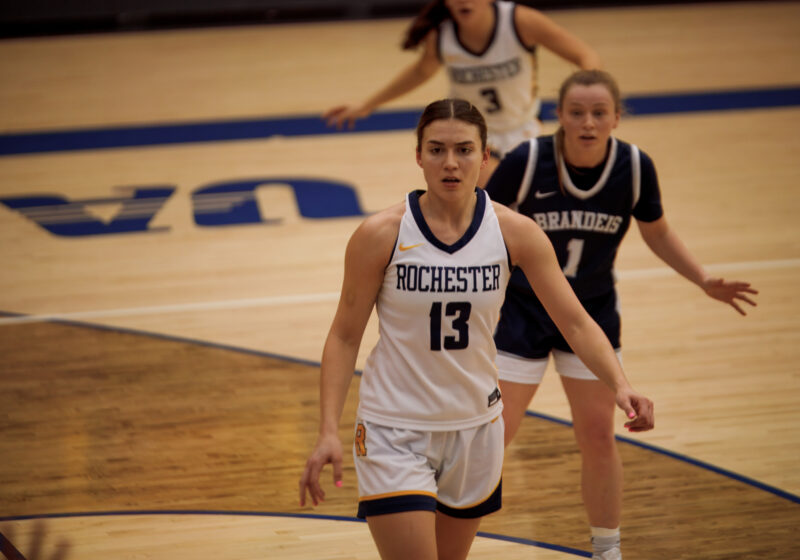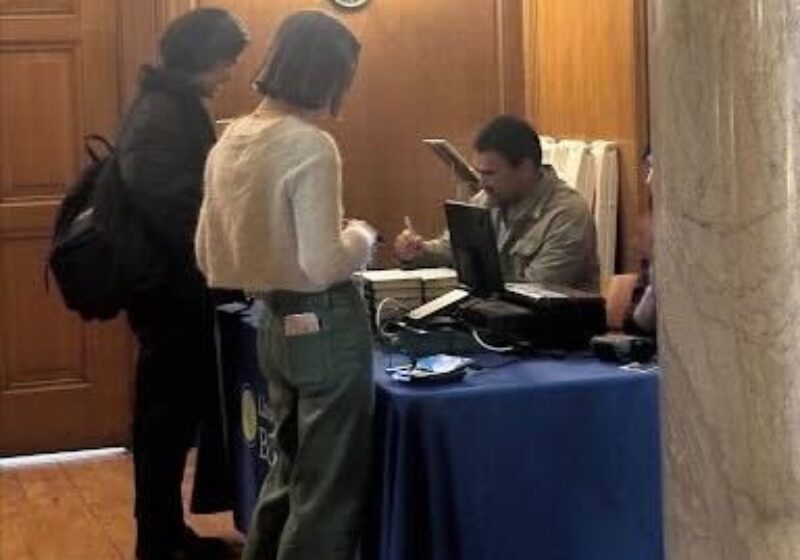A recent New York Times in-depth investigation of the dissemination of government-produced news reports into mass media revealed an alarming trend. Mass media outlets, namely local television newscasts, have taken government-produced reports and passed them off as unbiased news reports. Even more disturbing is that many newsroom editors, confused by the vast network of satellite and news feeds these reports travel through, associate these reports with their own network or affiliates rather than the government.
This situation cuts deeply into the trust between the general public and news outlets that are charged with providing unbiased, uncensored and complete reports, involving all sides of an issue.
But when the news agency itself cannot distinguish or does not choose to investigate the source of a report, how can the public trust that news agency?
Many newsrooms across the country have cut staff, placing heavy pressure on reporters to follow multiple stories. Reporters then spend less time researching the complicated issues involved in each one, which results in an increased reliance upon government-produced data, and in some instances, plagiarizing the full script of the government-produced newscast.
The reduced number of staff and pressures of deadlines affect all media outlets. This is something that media organizations should be more vigilant about when accepting press releases from outside sources.
It is a difficult balancing act, as the outlet considers the ease of accepting press releases as fact versus the time commitment of tracking down every fact. However, any media organization should and must understand the need to keep the public’s trust, and to that end, must place as its highest priority the continued trust of its audience.



